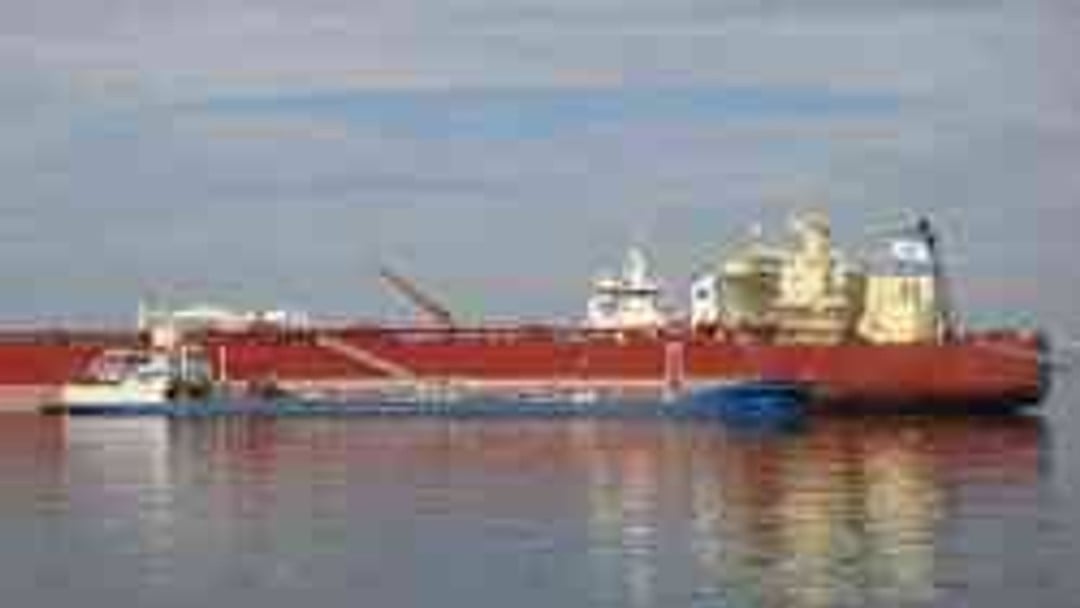UK imposes new sanctions on Russian oil

The UK has intensified sanctions against Russian oil giants Rosneft and Lukoil to diminish Putin's revenues
In a significant move, the UK government has announced a new wave of sanctions aimed at crippling Russia's oil industry, thus hindering the funding for President Vladimir Putin’s ongoing aggression in Ukraine. The latest sanctions, which were introduced by Foreign Secretary Yvette Cooper in Parliament, specifically target Rosneft and Lukoil, two major players in the global oil market. These companies collectively export approximately 3.1 million barrels of oil per day, with Rosneft accounting for 6% of the world’s oil production and nearly half of Russian oil output.
Cooper emphasised the dire need for action, stating that “at this critical moment for Ukraine, Europe is stepping up. Together, the UK and our allies are piling the pressure on Putin - going after his oil, gas and shadow fleet - and we will not relent until he abandons his failed war of conquest and gets serious about peace.” This approach underscores the UK’s commitment to undermining the financial resources that sustain Russia’s military efforts.
In conjunction with these sanctions, the UK government has taken steps to ban the import of oil products refined in third countries derived from Russian-origin crude oil. The idea is to cut off various avenues through which the Kremlin might receive financial support. With the ongoing sanctions, including the targeting of four oil terminals in China and 44 tankers engaged in transporting Russian oil, the UK aims to tighten the economic noose around Russia’s military funding.
Chancellor Rachel Reeves, who is participating in discussions with G7 Finance Ministers in Washington, reiterated the UK’s resolve to diminish Russia's oil market presence. She stated, “we are sending a clear signal: Russian oil is off the market.” This declaration comes at a time when Putin is attempting to bolster his position amid diminishing revenues and the potential shifts in international energy dynamics.
Additionally, the sanctions extend beyond the oil sector, affecting enterprises that provide critical electronics necessary for Russian military operations. With more than 85,000 military drones already supplied to Ukraine this year, the UK has significantly ramped up its efforts to assist Ukraine in defending itself against Russian aggression.
The cumulative effect of these measures signifies the UK's ongoing commitment to support Ukraine while ensuring its own national security. As part of a wider strategy, the UK has reportedly frozen £28.7 billion worth of Russian assets since the onset of the invasion in February 2022, highlighting its active role in curbing the financial backbone of Putin's military ventures. Overall, the recent sanctions signal a determined approach by the UK to fortify international pressure on the Kremlin while advancing towards peace and stability in Europe.
